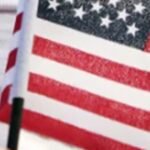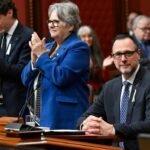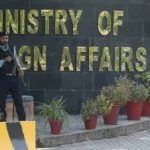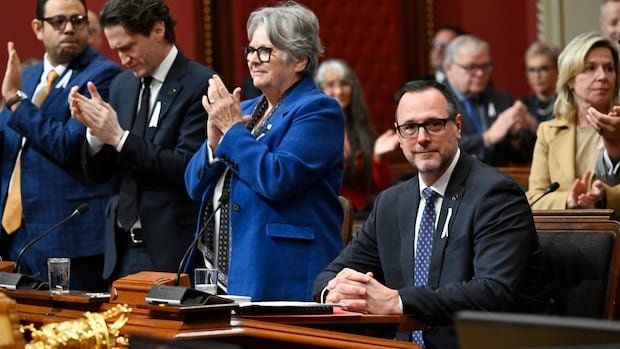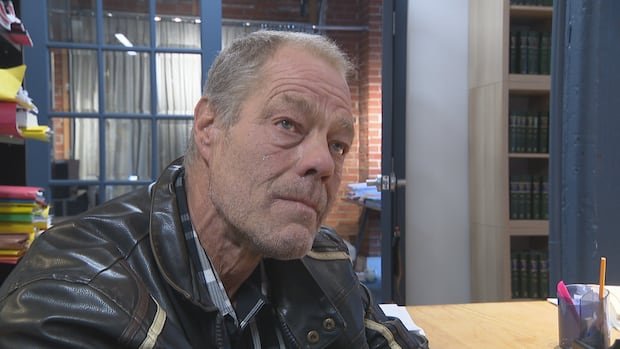Listen to this article
Dear 5 minutes
The audio version of this article is generated using text-to-speech, a technology based on artificial intelligence.
The Quebec government wants to impose limits on public prayer and extend a ban on wearing religious symbols to daycare workers as part of a sweeping new secularism bill tabled Thursday.
Bill 9, titled Law on the reinforcement of secularism in Quebec, builds on two previous secularism laws passed during the government of Premier François Legault.
Jean-François Roberge, Quebec’s minister responsible for secularism, said the bill is part of the government’s long-standing goal of ensuring the “religious neutrality of the state” and “equality for all citizens.”
“We believe that when the state is neutral, Quebecers are free,” Roberge said at a news conference Thursday. Roberge rejected a journalist’s suggestion that Bill 9 unfairly targeted religious minorities.
“We have the same rules that apply to everyone,” he said.
The proposed changes include:
- Ban workers at subsidized daycares and private schools from wearing religious symbols, such as a hijab or kippa (with a clause exempting those already in their position).
- Prohibit public institutions, such as hospitals, from offering only food based on a religious tradition, such as halal or kosher meals. Roberge said other meals would also need to be offered.
- Phase out public subsidies for private religious schools that select students or staff based on religious affiliation, or that teach religious content.
- Prohibit prayer spaces in public institutions, including universities, as well as group prayers in public spaces such as parks without municipal authorization. Universities “are not a temple or a church,” Roberge said.
- Expand the requirement to have your face uncovered at all times to anyone present in a public education setting.
The bill also invokes the notwithstanding clause preemptively, protecting it from challenges under the Canadian Charter of Rights and Freedoms.
With measures including a ban on some forms of public prayer and the use of religious symbols by daycare workers, Quebec’s Bill 9 would have significant effects on many institutions and the people who frequent or work in them, including universities.
The legislation is the latest introduced by Legault’s Coalition Avenir Québec government, which has been falling in opinion polls ahead of next year’s provincial election.
In October, the government adopted a law prohibit religious symbols worn by any school employee who interacts with a student.
That law was itself an expansion of a 2019 law, known as House Bill 21, that banned religious symbols worn by public employees considered in positions of authority, including teachers, judges and police officers.
The government also passed a bill earlier this year requiring immigrants to adopt the province’s common culture.
The Parti Québécois, which has led the polls for two years, is calling on the government to strengthen its secularism laws. On Thursday, PQ leader Paul St-Pierre Plamondon said Bill 9 was not well thought out, but agreed with the overall goal.
“It is a very legitimate issue and I believe that social peace will be best served by placing limits on what religion can dictate to others,” he said at a news conference.
An attack for political purposes, critics say
Bill 9 was criticized by religious groups and civil liberties advocates even before it was portrayed as an attack on minorities for political gain.
Stephen Brown, president of the National Council of Canadian Muslims, said this amounts to “political opportunism” and serves as a distraction from other pressing issues, including a conflict with the province’s doctors and a shortage of affordable housing.
“Unfortunately, once again, it is the same minority group that acts as a foil,” he said.
In a statement, the Assembly of Quebec Catholic Bishops said the bill would be a “radical infringement of the rights and freedoms of the people of Quebec” and that “the government has not demonstrated the need for such legislation.”
Maria English, executive director of a public daycare with five locations and more than 300 children, said the new rules for daycares would disproportionately target Muslim women and make it harder for her to find workers.
“A religious symbol doesn’t determine how you will be with children, so it will take away some very supportive educators,” English said.
Mohamed-Amine Benzaid, a computer engineering student at McGill University and a member of the Muslim Student Association, said he uses a prayer room on campus daily. He worries about losing that access if the legislation passes.
“It helps me with my studies,” he said. “With exams, with classes, you feel overwhelmed. And every time I go to the prayer room, I say my prayers, I come out and I’m fresh to come back, study and give more to my community.”
Earlier this year, Christiane Pelchat co-authored a government-commissioned report looking at ways to strengthen secularism in the province. House Bill 9 complies with several recommendations, including banning religious symbols among subsidized daycare workers.
In an interview, Pelchat said the secularism laws are part of a long-term effort to separate religion from the state, rooted in the break with the Catholic Church during Quebec’s Silent Revolution.
“This is something that my fellow Anglophones, friends, don’t always understand,” he said.

